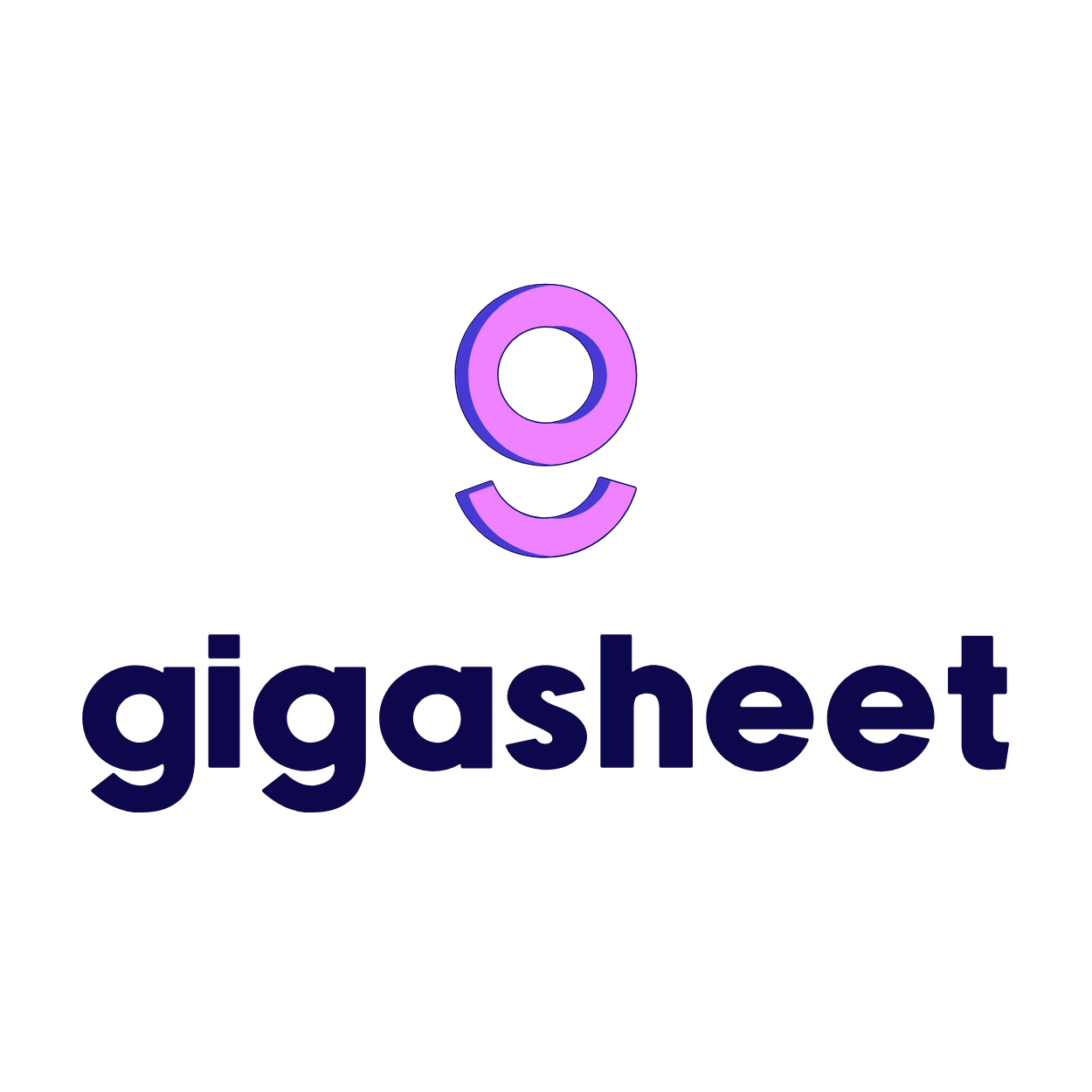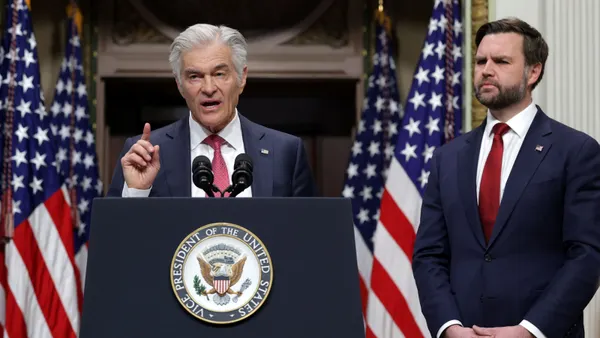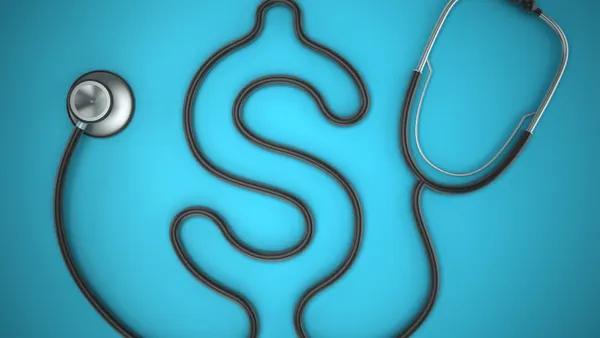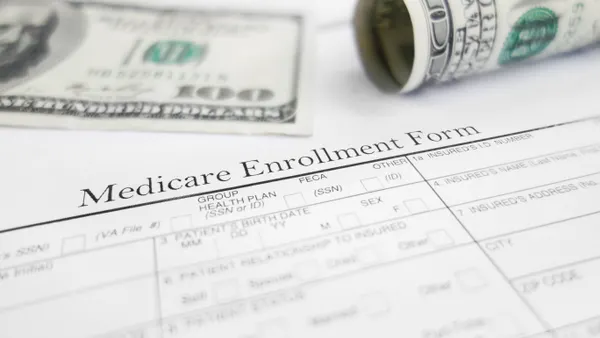Dive Brief:
- Arbitration of surprise billing disputes between insurers and providers will continue despite the government shutdown, the CMS said on Friday.
- Parties that disagree over how much an out-of-network claim should be reimbursed can still submit disputes via the federal independent dispute resolution portal, and arbiters will continue to process disputes, according to the agency.
- However, a prolonged shutdown could throw a wrench in other processes that underlie the implementation of the No Surprises Act, which was passed in 2020 to protect consumers from unexpected out-of-network bills. Since congressional appropriations lapsed last week, Congress has made no progress on a deal to reopen the government.
Dive Insight:
The government shut down at midnight Wednesday morning after Democrats and Republicans failed to reach a consensus over an extension of more generous subsidies for Affordable Care Act plans. The funding lapse caused many government operations to grind to a halt, including at the HHS and its subagencies. However, the CMS clarified Friday that the IDR process will remain unaffected — at least for now.
It’s not surprising, given IDR is funded by administrative fees collected from payers and providers. Still, some other surprise billing activities that aren’t funded by administrative fees could be impacted by the shutdown.
That includes investigating surprise billing complaints that aren’t related to IDR, along with oversight and enforcement after disputes are completed and other implementation tasks, according to Jeffrey Davis, health policy director at healthcare consultancy McDemott+.
“A prolonged lapse in appropriation may cause delays in the review and processing of IDR complaints and response times to inquiries,” the CMS’ Center for Consumer Information and Insurance Oversight said in its notice sent out Friday morning.
Davis noted that the clean continuing resolution bill passed by the House on Sept. 19 allocated $15 million to fund those activities. The bill failed to clear the Senate before the shutdown deadline last week.
Though federal regulators have made progress clearing the backlog of surprise billing disputes, there’s still a lot of work to be done to improve the process, according to some stakeholders. Providers already complain that the CMS is slow to respond to complaints, and want regulators to shore up enforcement that insurers pay claims quickly after a dispute is settled.
In its shutdown plan, the CMS said the funding lapse could affect its rulemaking cadence — and the industry is still waiting for regulators to release a final rule clarifying some IDR operations. The rule was set to be finalized in November.
This is “another opportunity to clog things up,” Davis said. “All these things could be impacted.”














